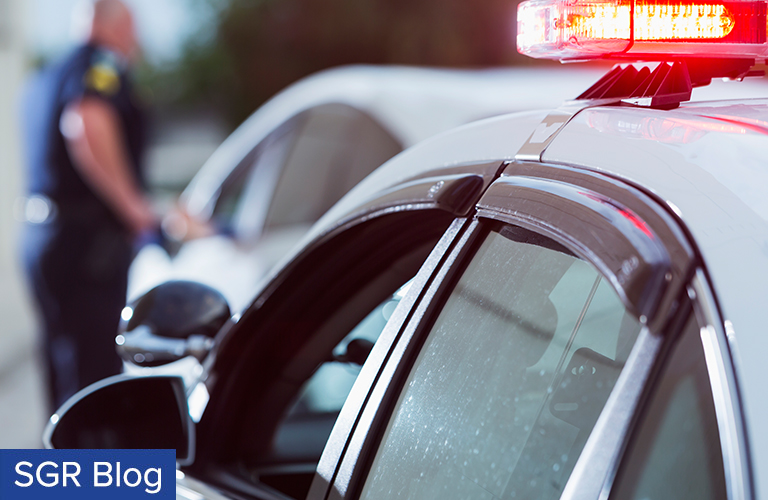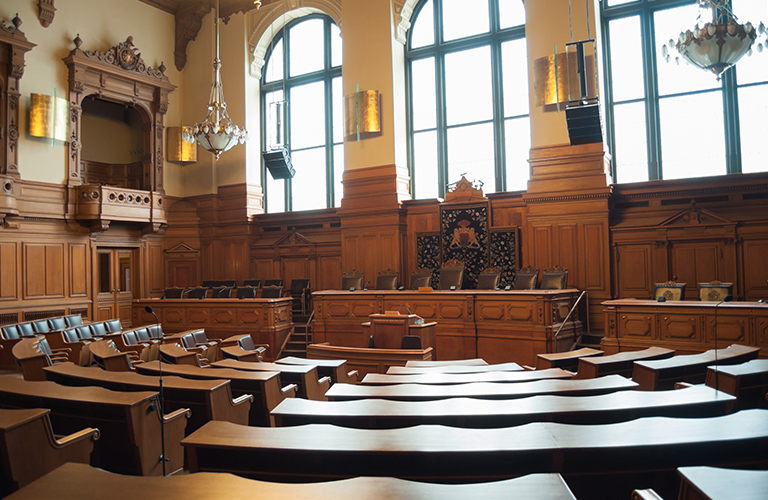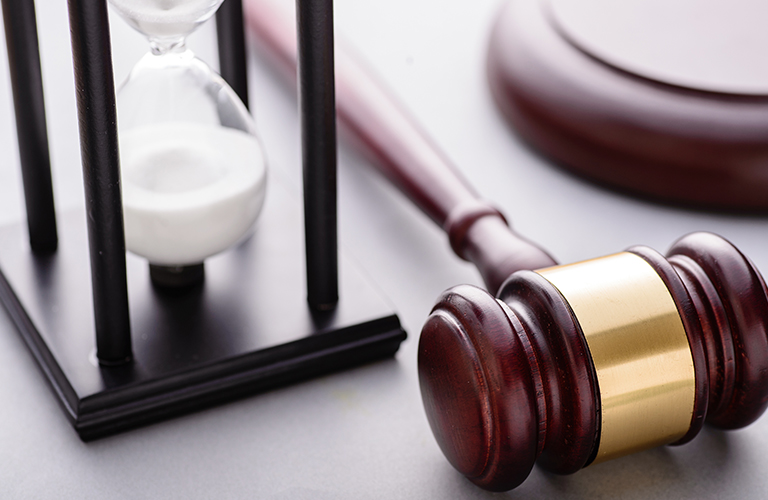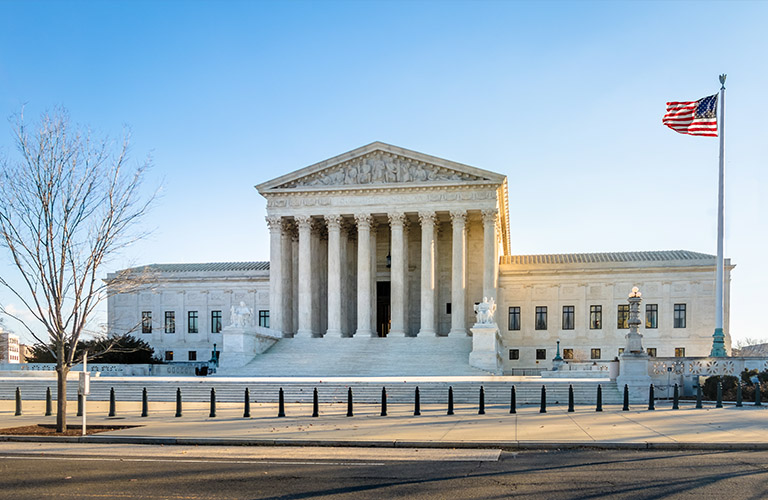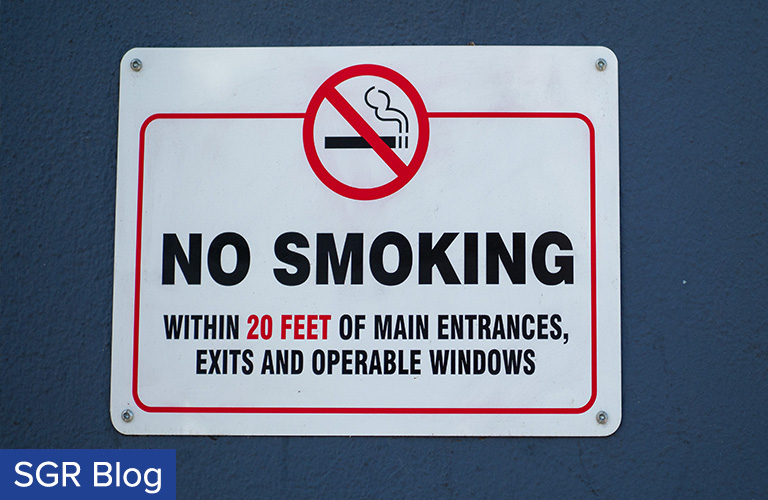
A Central Park West condominium sued the owner of a first-floor unit and her son for breach of contract and nuisance. The Board wanted to enjoin them from smoking marijuana and making excessive noise in their unit. At the outset, the Supreme Court issued a preliminary injunction that prohibited defendants from smoking marijuana and permitting marijuana smoke and excessively loud noises from infiltrating into the common areas and other units of the condominium. And several months later the Court addressed the application for a permanent injunction. The by-laws prohibited nuisance within the condominium property, as well as improper, offensive, or unlawful… Read more


